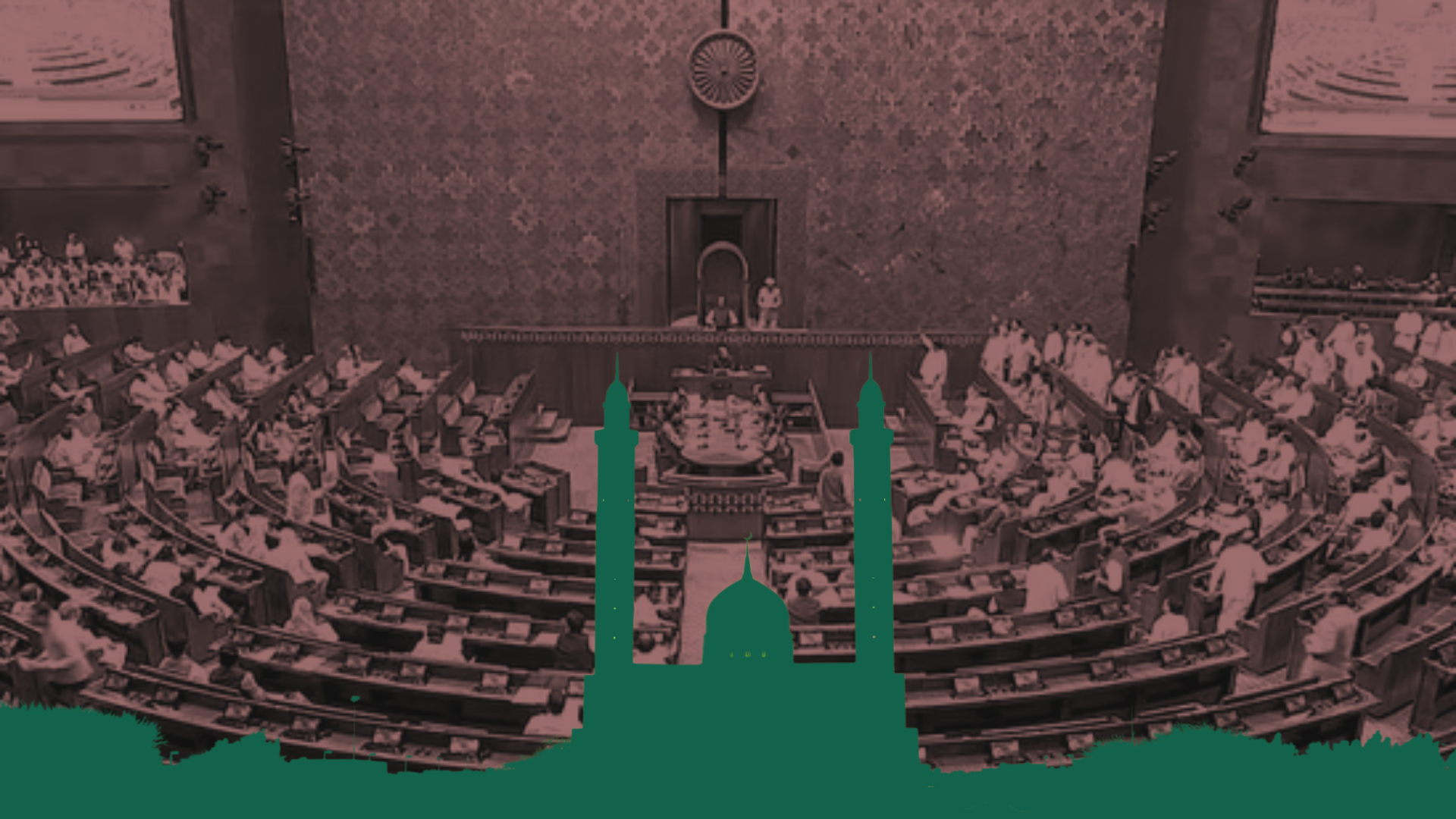Amid opposition resistance, the NDA government has proposed 40 amendments to India’s Waqf Act. According to the Union government, these amendments aim to enhance accountability and transparency in the country’s waqf boards.
History
The Waqf Act was originally passed in 1954 and later re-enacted in 1995 under PV Narasimha Rao’s ministry to improve the administration of waqf properties, which are dedicated by individuals for religious, charitable, or pious purposes under Muslim law. In 2013, during Manmohan Singh’s second term, the Act was amended to give waqf boards autonomous power to recognize and declare properties as waqf.
Waqf properties fund various charitable activities, including running educational institutions, mosques, graveyards, shelters, and orphanages, managed by a committee headed by a senior clergyman called a Mutawalli. A property becomes waqf when the relevant board recognizes it as a non-transferable asset for charitable purposes.
As of 2024, the Waqf Board of India is the third largest property owner in India, managing around 8 lakh acres of land and generating Rs 200 crores in revenue annually.
The proposed amendments come as the NDA prepares for elections in Haryana, Maharashtra, and Jharkhand. The government claims the changes are necessary for accountability and transparency in managing waqf properties, following legislative moves such as the Citizenship Amendment Act and the Muslim Women (Protection of Rights on Marriage) Act.
Mandatory verification of all waqf properties with government departments and registration at the district collector’s office.
District magistrates to be involved in decision-making over disputed land, reducing the autonomy of waqf boards.
Inclusion of women in the Central Waqf Committee for better representation.
What is a Waqf Board?
A Waqf Board is an organization that manages and oversees waqf properties, which are assets dedicated to religious or charitable purposes under Islamic law. It can own, manage, and transfer property and can also take legal action or be sued in court.
Each state in India has its own Waqf Board. The board is headed by a chairperson and includes various members such as:
– Representatives chosen by the state government
– Muslim legislators and members of parliament
– Members of the state Bar Council (lawyers)
– Islamic scholars
– Mutawalis, who are managers of waqf properties with an annual income of at least Rs 1 lakh
The Waqf Board ensures that waqf properties are used for their intended religious or charitable purposes.




